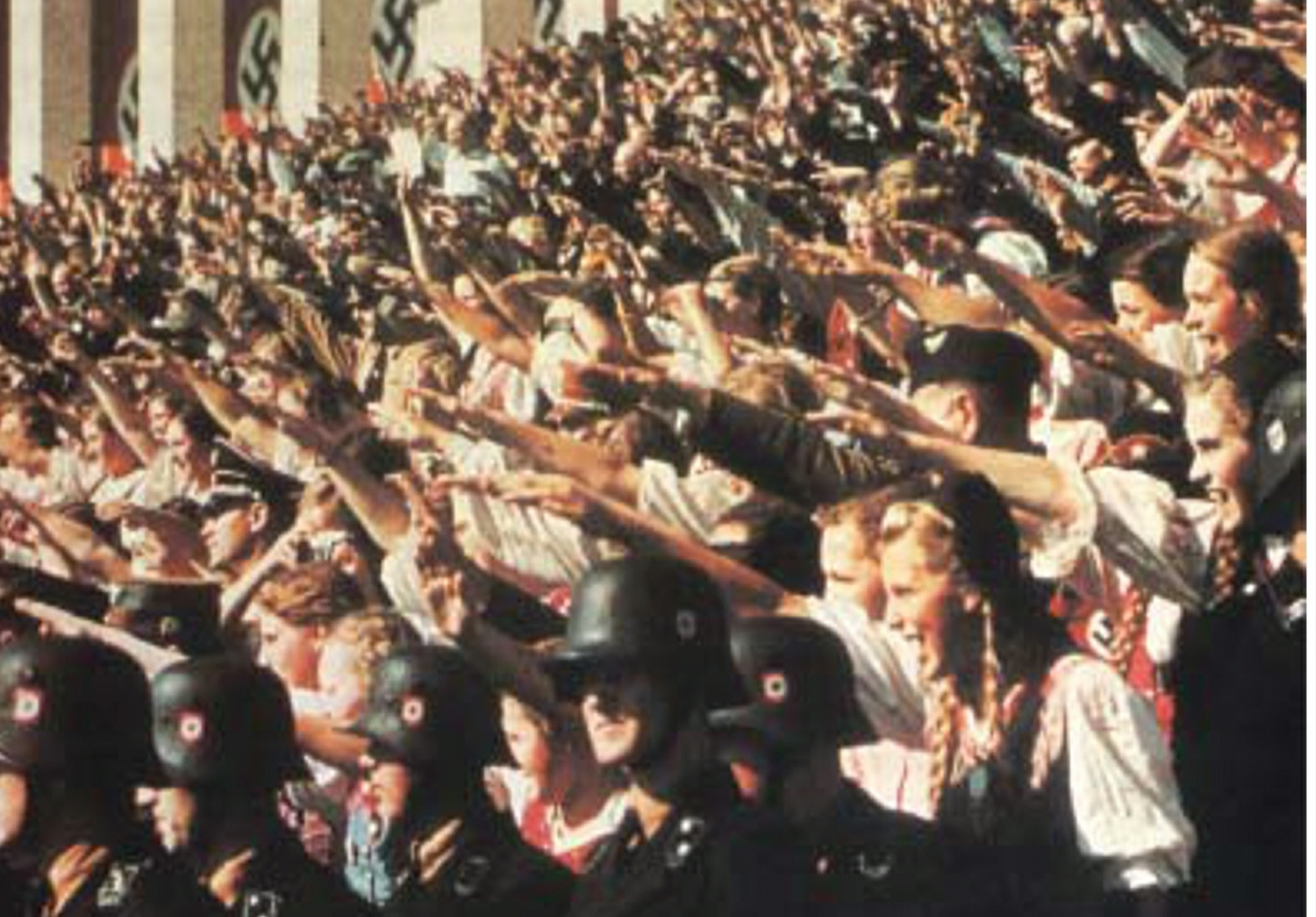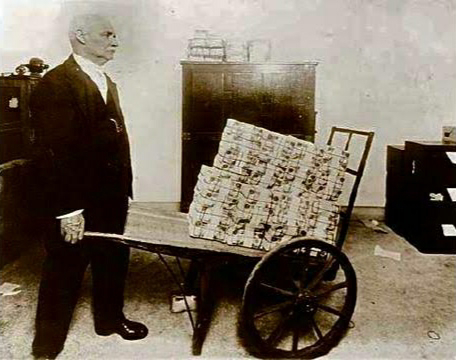Causes of Hitler's Rise to Power in Germany

The Main reasons why Hitler rose to power in Germany are: 1. Due to the effects of first world war . 2. Treaty of Versailles . 3. Failure of Weimar Republic government to tackle the problems faced by the nation. 4. Rise of political radicalism . 5. Hyperinflation and Economic crisis . 6. Years of depression after 1929. This crisis in the economy, polity and society formed the background to Hitlers rise to power. Born in 1889 in Austria, Hitler spent his youth in poverty. When the First World War broke out, he enrolled for the army, acted as a messenger in the front, became a corporal, and earned medals for bravery. The German defeat horrified him and the Versailles Treaty made him furious. In 1919, he joined a small group called the German Workers Party. He subsequently took over the organisation and renamed it the National Socialist German Workers Party. This party came to be known as the Nazi Party. In 1923, Hitler planned to seize control of Bavaria, march to Berlin and capture pow...






